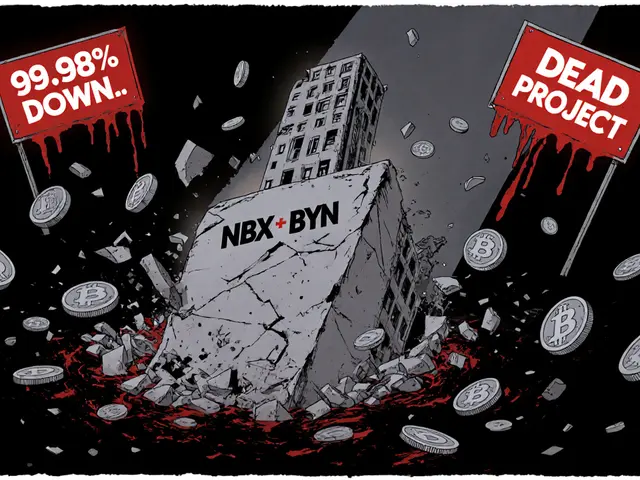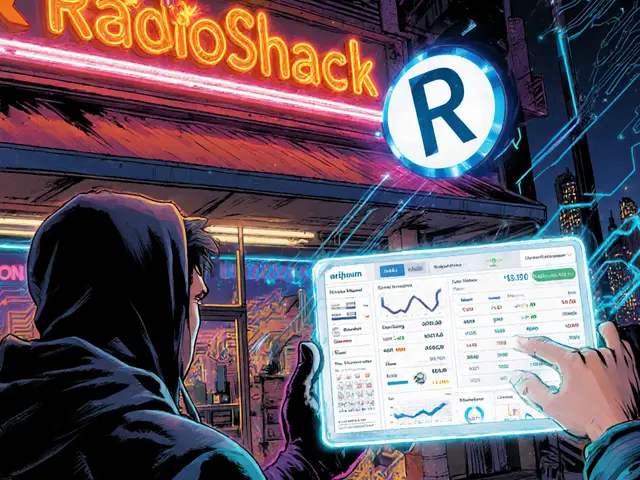North Korean crypto crime: How state-backed hacking fuels global crypto theft
When you hear about a crypto exchange getting hacked for $200 million, it’s rarely some lone hacker in a basement. More often, it’s the work of North Korean crypto crime, state-sponsored cyber operations run by the Democratic People’s Republic of Korea to bypass international sanctions and fund its military programs. Also known as DPRK cryptocurrency hacking, this isn’t random theft—it’s a coordinated, well-funded campaign that’s stolen over $3 billion since 2017. The U.S. Treasury, Interpol, and blockchain analysts all agree: North Korea is the world’s most active state-sponsored crypto thief.
This isn’t just about breaking into wallets. It’s about exploiting weaknesses in the entire crypto ecosystem. The Lazarus Group, a hacking collective linked directly to North Korea’s Bureau 121, uses phishing, malware, and smart contract exploits to target exchanges, DeFi protocols, and even individual traders. Also known as North Korean cyber unit, they’ve hit platforms from Binance to Poly Network, and they don’t stop when they’re caught—they just change tactics. They use mixers to launder stolen coins, convert them into stablecoins like USDT, and move them through chains of shell companies. Some funds even end up in NFT marketplaces or decentralized apps where oversight is weak. Their goal? Keep the regime running when traditional banking is shut off.
What makes this different from regular cybercrime? It’s the scale, the backing, and the patience. While regular hackers might strike once and disappear, North Korean teams operate like military units—training for years, testing tools on small targets, and waiting months to hit the right moment. They’ve even developed custom mining software to turn stolen hardware into crypto factories. And they don’t care about anonymity—they care about results. Even when their wallets are traced, they keep moving money because the cost of getting caught is lower than the cost of not stealing.
Blockchain security has improved, but the attackers keep up. New tools like zero-knowledge proofs and decentralized identity systems could help, but most exchanges still rely on outdated verification methods. If you’re trading crypto, you’re already in the crosshairs. The question isn’t if you’ll see a North Korean-linked hack—you already have. The real question is whether you’re ready for the next one.
Below, you’ll find real cases, breakdowns of how these attacks work, and what you can do to protect yourself—from exchange security checks to spotting fake airdrops that lead straight to DPRK wallets.

North Korea has stolen over $2 billion in cryptocurrency in 2025 alone, funding its weapons programs through cyber heists. A new 11-nation coalition, the MSMT, is fighting back with blockchain forensics, but gaps in global cooperation still leave the system vulnerable.
Continue Reading





